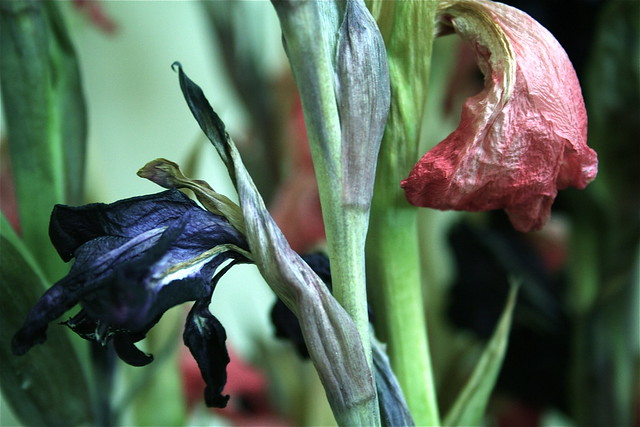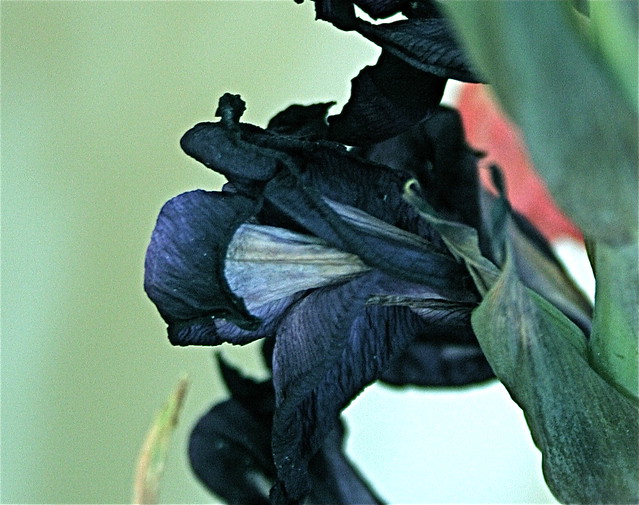
I am not the best Christian.
I am not the best Catholic.
I am not the best wife.
I am not the wisest parent.
I am not the best mother.
I am not the smartest student.
I am not the coolest parent.
I am not the best photographer.
I am not the most insightful blogger.
I am not the best listener.
I am not the most eloquent speaker.
I am not the best writer.
I am not the best gardener.
I am not the best daughter.
I am not the best sister.
I am not the most patient person.
I am not the most learned theologian.
I am not the best intercessor.
I am not the kindest.
I am not the most helpful.
I am not the one who knows the most about anything.
I am not the one with all the answers.
I am not the most forgiving.
I am not the best dressed.
I am not the most beautiful.
I am not the youngest.
I am not the best housekeeper.
I am not the neatest person.
I am not the one with the most friends.
I am not the one with the most perfect children.
I am not the one with the most grandchildren.
I am not the best daughter-in-law.
I am not the best aunt.
I am not the best sister-in-law.
I am not the best niece.
I am not the best employee.
I am not the one with the most awards.
I am not the best athlete.
I am not the best singer.
I am not the best artist.
I am not the most creative.
I am not the best dog trainer.
I am not the best neighbor.
I am not the best cook.
I am not the most informed.
I am not the most politically involved.
I am not the best read.
I am not the most tidy.
I am not the most reliable.
I am not the most consistent.
I am not the most energetic.
I am not the most thorough.
There are so very very many things that I am not...
I am not the one sitting at His right hand.
I am aware of my mistakes, aware of my limitations, aware of the ways I have let others down.
I often hear my accuser remind me of all the ways that I am not worthy. I often hear my accuser's voice. My accuser often tells the truth. My accuser is often right about my failings. My accuser does not tell the whole truth, though. And the part he does not tell is the part I need most to hear.
I know:
I am a sinner.
I am very much in need of forgiveness.
I am very much in need of a Savior.
I am very much in need of the Eucharist.
This morning at Mass, once more, I was confronted with the truth. Jesus comes to me not because of myself but in spite of myself. He comes to me out of love. He comes to me always because He is merciful. I am very much forgiven. Without Him, I am nothing. I am a wilted flower. Nothing to behold. Nothing to recommend itself.
St. Theresa of Lisieux reminded us, "The guest of our soul knows our misery; He comes to find an empty tent within us - that is all He asks."
Unmerited Mercy. Grace. That is what I receive from Jesus. That is His gift to me.
I hope you experience it, too.








